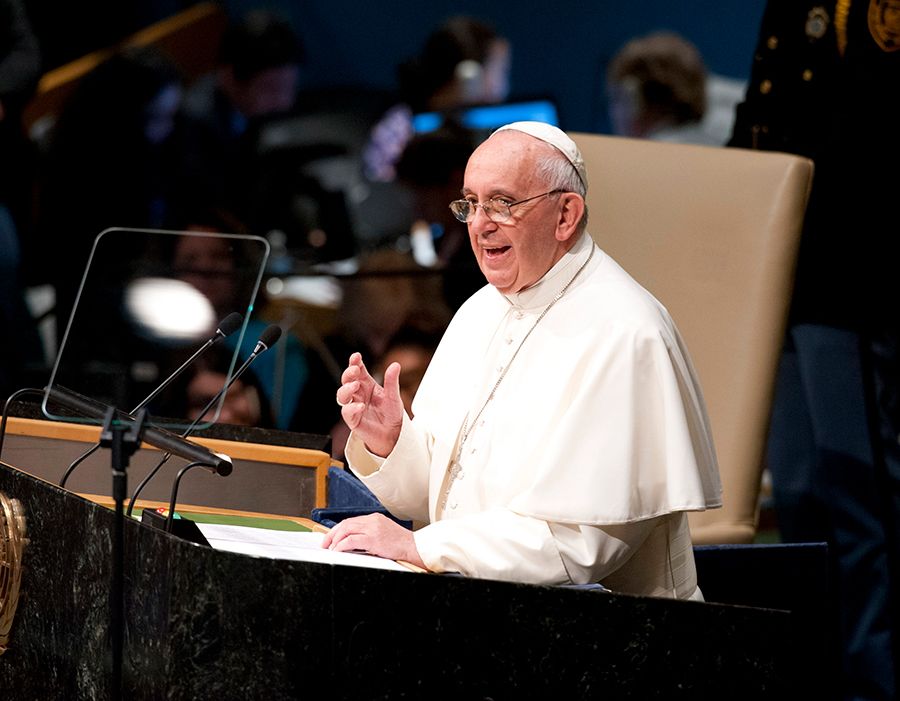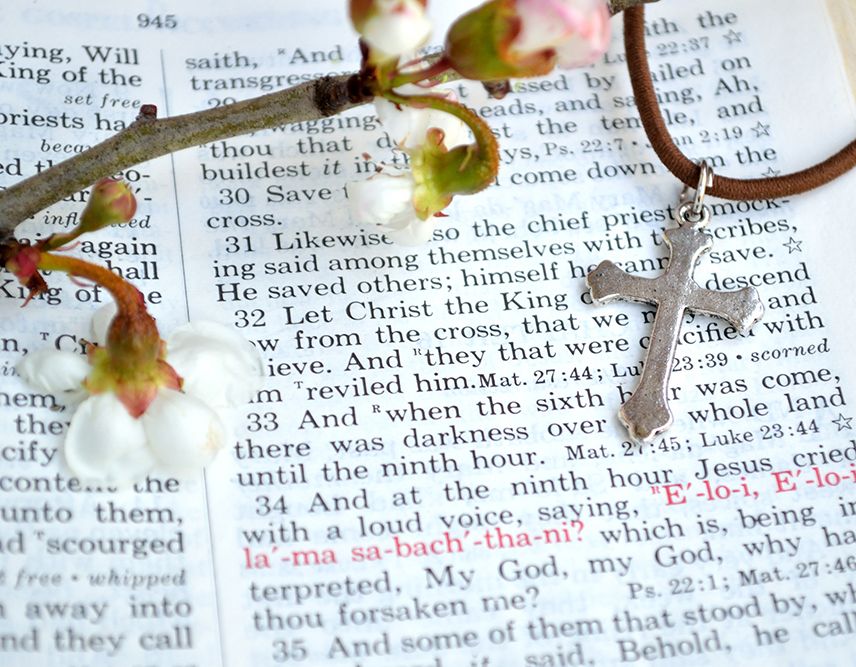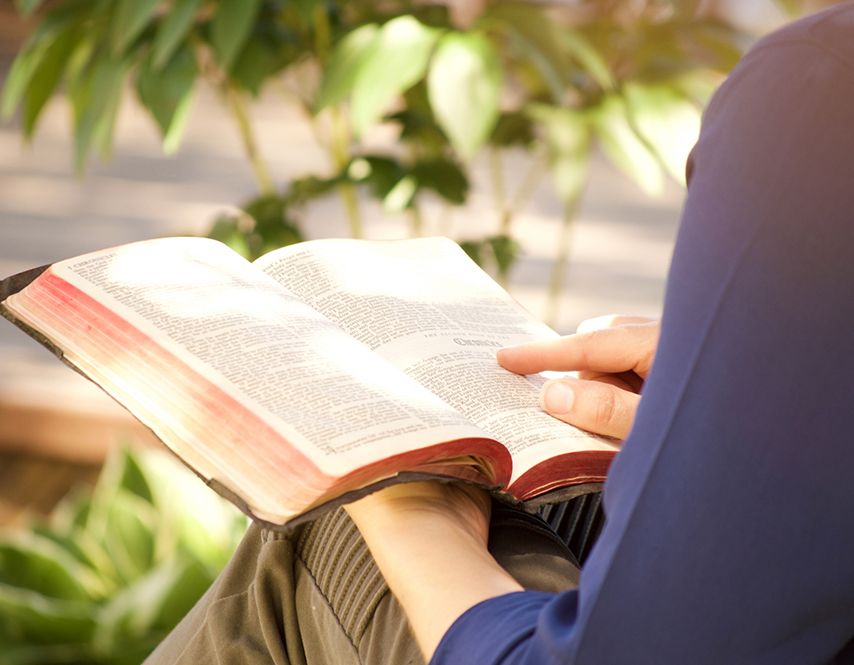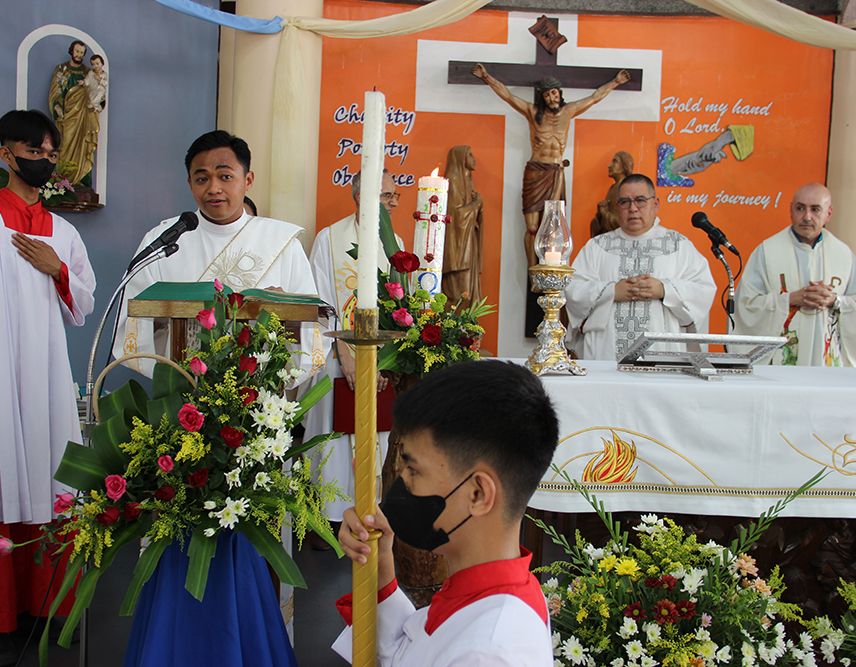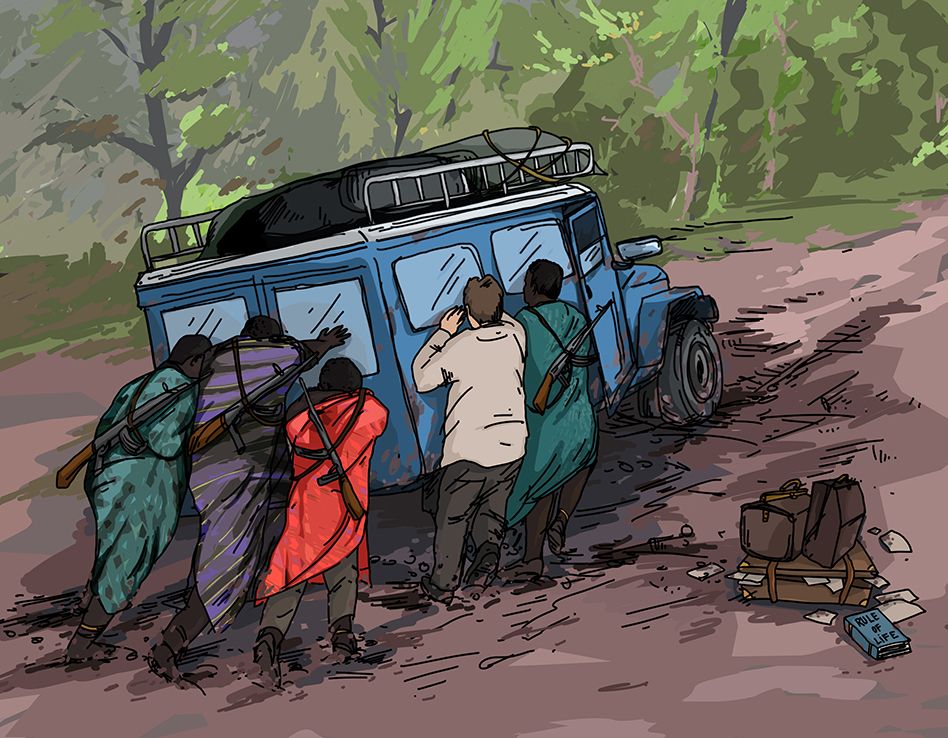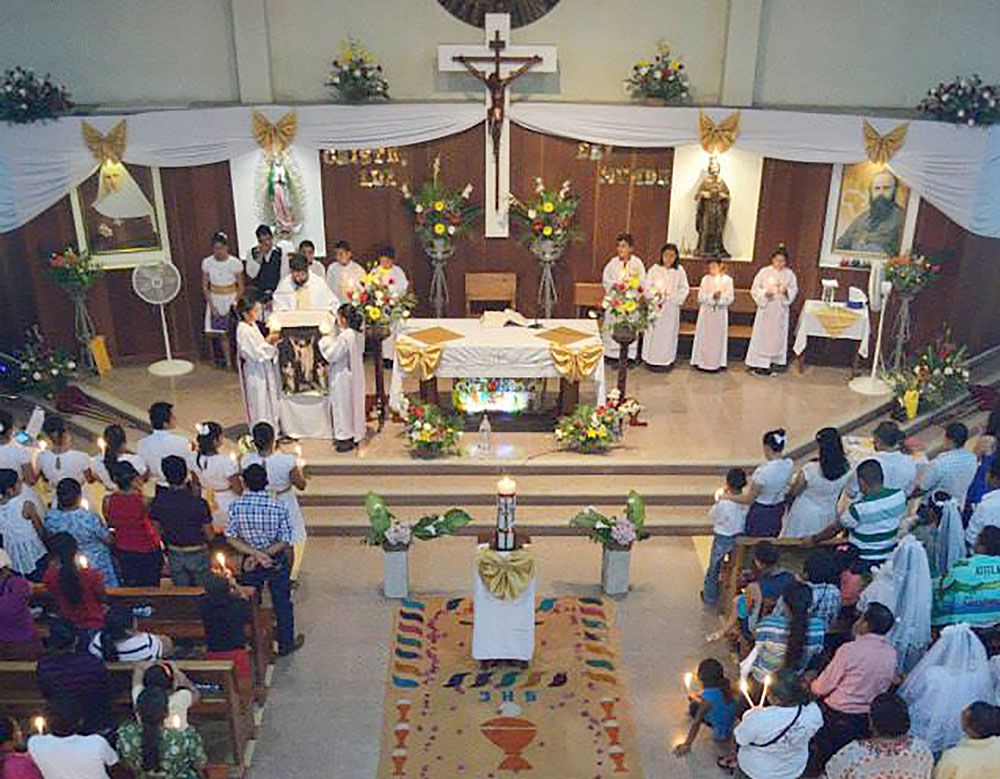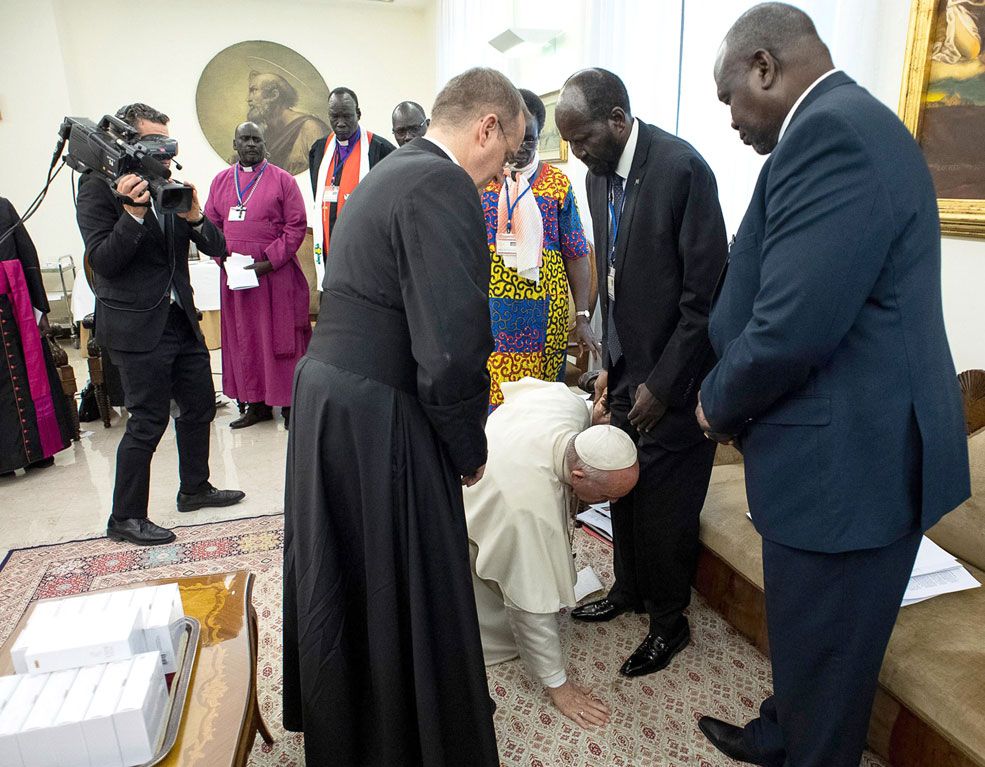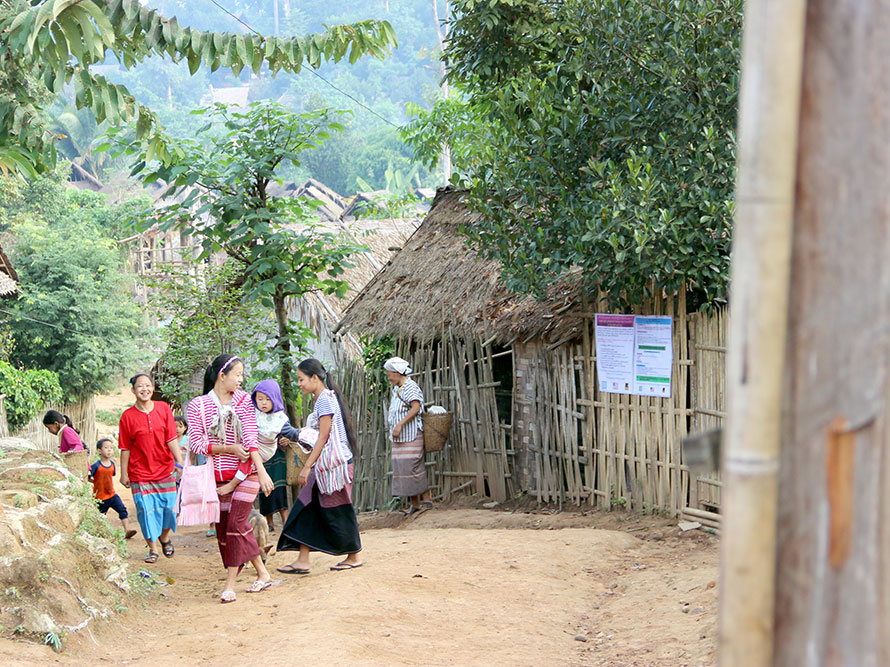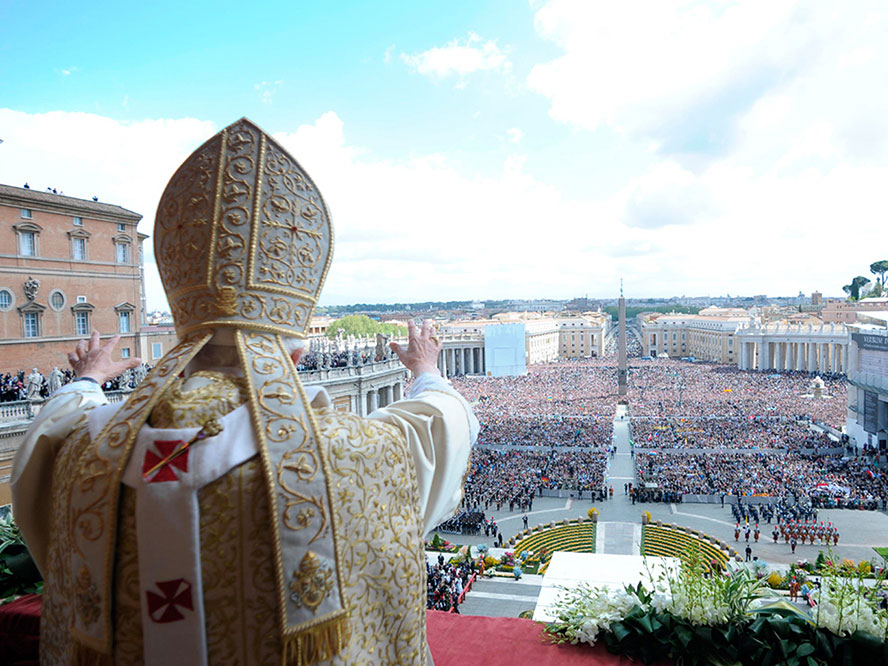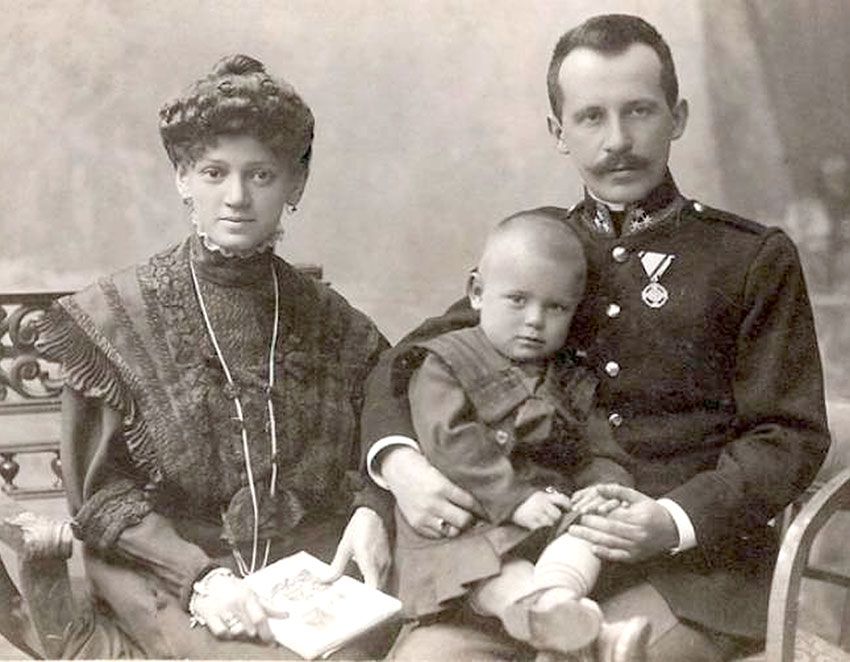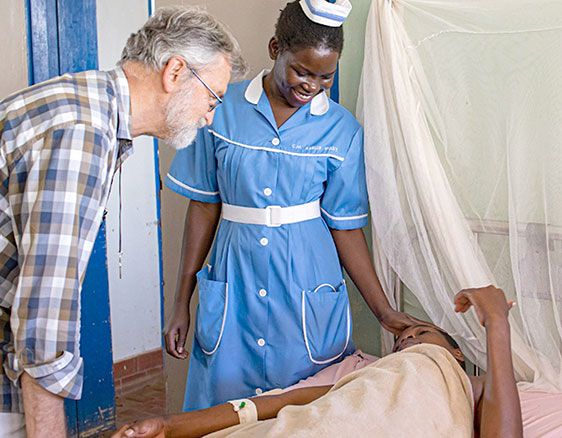Pope Francis has written a lengthy encyclical focused solely on the environment: Laudato Sí–On Care for Our Common Home. Boldly, Francis argues that the environment is in crisis; he issues an urgent call to action. He pointedly asks: “What kind of world do we want to leave to those who come after us, to children who are now growing up?” (LS, 160).
Recalling the beautiful canticle of Francis of Assisi, the pope notes that the earth, our sister, “now cries out to us because of the harm we have inflicted on her by our irresponsible use and abuse of the goods with which God has endowed her” (2). “I would like to enter into dialogue with all people about our common home” (3). Throughout the six chapters of Laudato Sí, Francis calls for “a global ecological conversion” asserting that “authentic human development has a moral character” (5) and that we need “an integral ecology” (11).
What Is Happening To Our Common Home?
Straightforwardly, Francis asserts: “The earth, our home, is beginning to look more and more like an immense pile of filth” (21). “These problems are closely linked to a throwaway culture” (22). We have “a very solid scientific consensus” that sees that the cause is “mainly as a result of human activity” (23). Some key issues are water (27-31), loss of biodiversity (32-42), a decline in the quality of human life (43-47), global inequality (48-52), and weak responses (53-59). Thus, we need to take a “frank look at the facts to see that our common home is falling into serious disrepair” (61).
Gospel Of Creation
Francis sees “the rich contribution which religions can make towards an integral ecology and the full development of humanity” (62). The pope provides some insights: “We are not God. The earth was here before us and it has been given to us … to ensure its fruitfulness for coming generations” (67). “The work of the Church seeks not only to remind everyone of the duty to care for nature but at the same time she must above all protect humankind from self-destruction” (79). We see “the earth is essentially a shared inheritance” (93) and “everything is related” (92). We need a sense of “deep communion with the rest of nature” (91), adopting “the gaze of Jesus” (96-100).
Human Roots Of The Ecological Crisis
Pope Francis believes that “a certain way of understanding human life and activity has gone awry, to the serious detriment of the world around us” (101). Thus, there is a need to examine “the dominant technocratic paradigm” as well as “the place of human beings and of human action in the world” (101). We “need to slow down and look at reality in a different way” (114). “When we fail to acknowledge as part of reality the worth of a poor person, a human embryo, a person with disabilities–it becomes difficult to hear the cry of nature itself; everything is connected” (117). “A technology severed from ethics will not easily be able to limit its own power” (136).
Integral Ecology
Francis suggests that we now “consider some elements of an integral ecology, one which clearly respects its human and social dimensions” (137). “We are faced not with two separate crises, one environmental and the other social, but rather with one complex crisis which is both social and environmental” (139). Ecology must influence all of daily life (147-155). “The principle of the common good immediately becomes, logically and inevitably, a summons to solidarity and a preferential option for the poorest of our brothers and sisters” (158).
“The notion of the common good also extends to future generations” (159) [inter-generational justice]. “We need to see that what is at stake is our own dignity” (160). Integral ecology is a foundational principle!
Lines Of Approach And Action
Francis next seeks “to outline the major paths of dialogue which can help us escape the spiral of self-destruction which currently engulfs us” (163). “Interdependence obliges us to think of one world with a common plan” (164). “What is needed is a politics which is far-sighted and capable of a new, integral and inter-disciplinary approach to handling the different aspects of the crisis” (197). Religions must continue in dialogue with science (199-201).
Ecological Education And Spirituality
“A great cultural, spiritual, and educational challenge stands before us, and it will demand that we set out on the long path of renewal” (202). It must address “a consumerist lifestyle” (204). An “ecological conversion” is essential (216-221). Pope Francis believes there is hope while admitting that his reflection is “both joyful and troubling” (246). Francis asks each of us: Do you agree? What is your response?
—
Father James H. Kroeger, a Maryknoll Missioner, has served missions in Asia (the Philippines and Bangladesh) since 1970, working in parishes and serving mostly in the education-formation apostolate of seminarians, religious, catechists, and lay leaders. He has produced numerous theological-missiological-catechetical books. His most recent books include Go, Teach, Make Disciples, and Exploring the Priesthood with Pope Francis.





